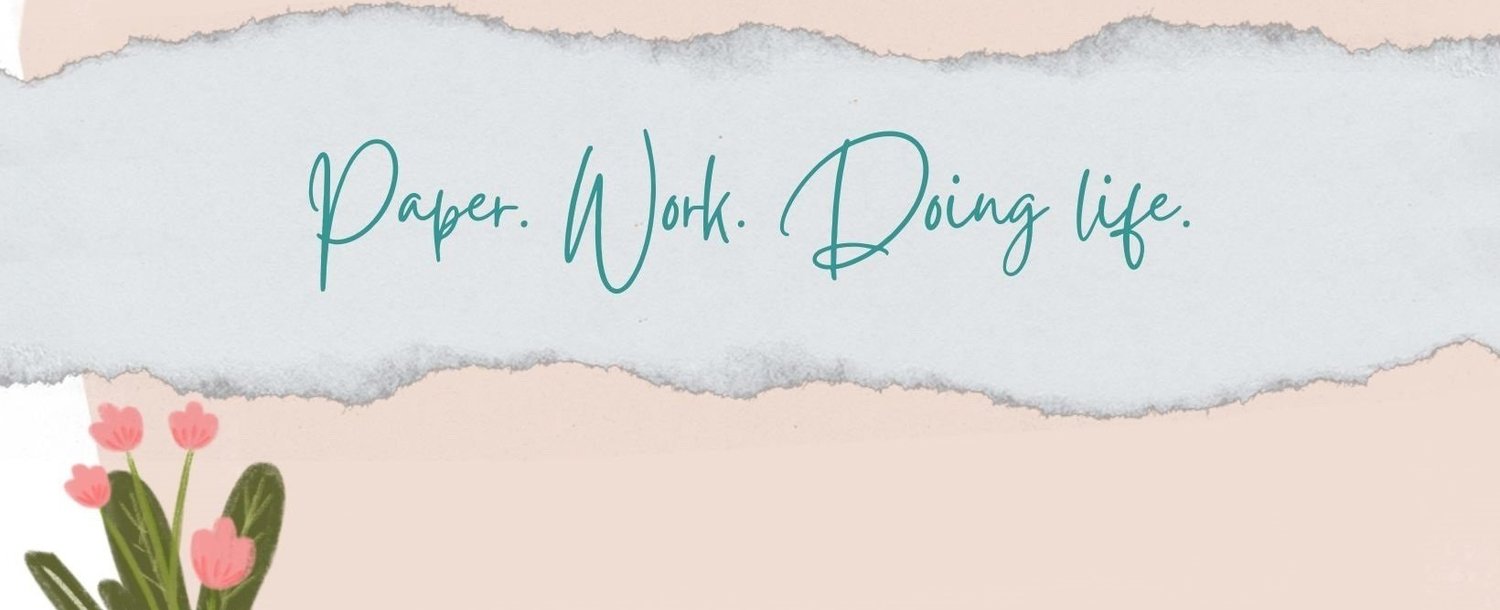James - Percival Everett
Genre - Historical, literary fiction
Sometimes I just don’t feel that I have the chops to write about a certain book. James by Percival Everett may be one of those times. I had to wait a long time to get my copy; much has already been written about it, so I only need to share some of my thoughts, I guess. I have taught Huckleberry Finn at the high school level. Through it I tried to have honest conversations about Jim (the James of this novel) with my students. I would love to introduce them to James. How our discussions would have evolved.
My students complained the most about Twain’s use of dialect. We were well into Huckleberry Finn before they could mostly understand what Jim was saying on their own. So I am fascinated by Everett’s approach to how the slaves used dialect to keep their owners and other whites from recognizing their intellect. I have googled to test the accuracy of this and even as a retired librarian, I have not found the correct search terms yet for exploration. I have some Percival Everett events on my calendar and am hoping that conversation comes up. Either way, I love the exploration of the power of language in any form. The lessons that James has with his children were poignant and uncomfortable. I am sad that parents still have these kinds of lessons - language, behavior if your car is pulled over, hoodies - the list goes on. Different era - same painful dance.
Everett remarkably illustrates the horror of slavery. He shows the separation of families, the brutality of slave owners, the expendability of slaves, the commodification of human lives. He creates this balance, and I’m not sure how, where the blacks in the book are matter of fact about it all, but desperate for freedom and respect at the same time. I don’t mean to suggest that they accept their lot without rancor, they just know what life is likely to bring them. James is trying to move toward freedom the entire time, but when things go awry, he deals with the consequences and works toward a new plan because he must. Percival also shows within the text a slave that seems to accept his lot and cooperate with his white owner - horror at a different level.
The relationship with Huck is different in this book than in Twain’s text. Such a shift is natural in terms of the corresponding shift in the narrator. In the classroom we spent a great deal of time talking about Huck’s treatment of Jim in Twain - from the scene on the river where he resolves to go to hell rather than turn in his friend to the ending where he blindly follows Tom’s directives for imprisoning Jim. We all struggled - even if at some level we understand what is going on. I like the James ending much better - though I have little hope of happiness, a little hope remains. The book here is, after all, about James, not Huck.
James is an important book. James is an excellently written book. While for me, many of my thoughts were about the connectedness of the two, James is a book you should read - even if you haven’t read Huckleberry Finn - it will stand on its own terms.
Book cover of James by Percival Everett

